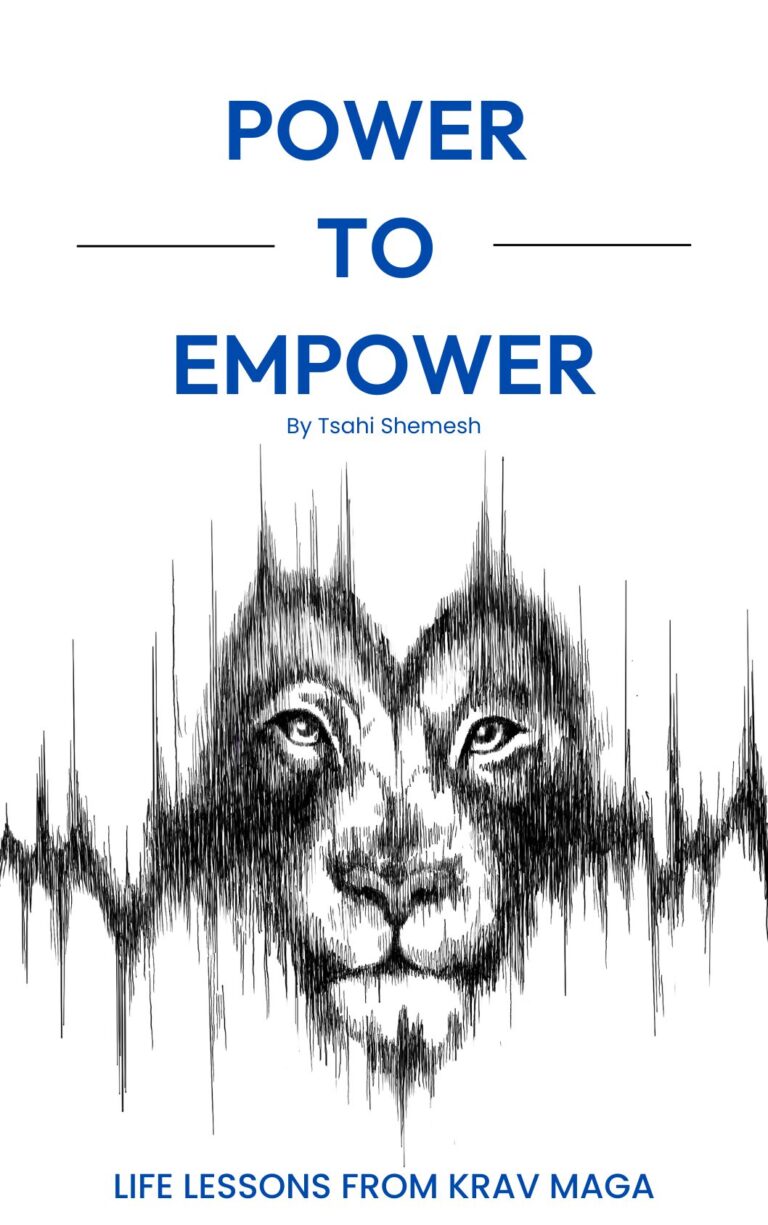Forgiveness is More Complicated Than Fighting
Yom Kippur is the holiest day in the Jewish calendar. It is called the Day of Atonement, but that phrase alone does not capture its depth. For twenty-five hours, Jews fast, pray, and reflect. It is not a festival of food or celebration. It is a day of reckoning with the truth: we have hurt others, we have hurt ourselves, and we must face the responsibility to repair what can be repaired.
Forgiveness sits at the center of this day. But forgiveness is never simple. It is easier said than done. People like to speak about letting go as if it were a single choice made in one clear moment. In reality, forgiveness feels more like a fight that goes on in waves. One day you think you have let it go, and the next day it comes back like a punch you did not see coming.
What Forgiveness Is And What It Is Not
Forgiveness does not mean being forgetful. It does not mean the harm no longer matters, or that we should blindly trust those who betrayed us. Forgiveness is not weakness, nor is it surrender. It is the decision to stop letting anger poison your present life.
When we refuse to forgive, we believe we are punishing the person who wronged us. In truth, we are punishing ourselves. We keep drinking the poison, hoping someone else will die. We replay the moment of betrayal again and again, handing over our peace of mind to the person who hurt us.
Forgiveness is the opposite. It is the act of reclaiming control. It is saying: you cannot own me any longer. What you did may never be right, but it will not chain me forever.
The Four Kinds of Forgiveness
Jewish tradition emphasizes three primary kinds of forgiveness before Yom Kippur. To walk into the new year clean, we must face them honestly.
-
Between a person and another person. If you wronged a friend, a family member, a colleague, or even a stranger, you must face them and ask for forgiveness. Words spoken in anger, harm done intentionally or carelessly, broken trust. These are wounds only human beings can heal between themselves. Yom Kippur does not erase them. You must do the work.
-
Between a person and the world around them. Judaism teaches responsibility not just to people but also to the environment and community we live in. How we treat the earth, our city, our neighbors, and the shared spaces of life matters. Forgiveness here means repairing damage to the larger circles that sustain us.
-
Between a person and God. For mistakes we make against what is sacred, against truth, against our own higher calling. These are the sins we confess in prayer. Even if you do not see yourself as religious, the practice of admitting imperfection and seeking renewal has universal value.
-
Within ourselves. This one is not formally listed in the tradition, but it may be the most difficult. We carry guilt, shame, and regret for years. Sometimes we forgive others long before we forgive ourselves. Without self-forgiveness, there is no healing. Yom Kippur reminds us that our soul cannot move forward if we insist on holding it hostage to past mistakes.
The Power of Meaning It
I find that it is easier for me to forgive and love someone when I know they see their wrongdoing. Even if they still believe what they did is acceptable, if they acknowledge that it hurts me, I can live with it. Saying sorry without meaning it is pointless. It is an empty word with no value.
That is precisely why I do not allow people to say sorry during training sessions. We live in a culture where every physical contact sparks an automatic “sorry.” But that “sorry” is not real. It is not an honest request for forgiveness. It is empty. And in training, it is worse than empty. It makes people feel guilty for doing exactly what they came to learn: to defend themselves.
I do not want people to feel good about hurting others, but I also do not want them to feel bad when they protect themselves if they must. Learning to fight is not about apologizing for striking when you are under threat. It is about clarity. It is about knowing the difference between harm for harm’s sake and necessary defense.
The Hardest Fight
Forgiving is harder than fighting. On the mat, we train to face an opponent, to block, to strike, to defend. Those fights end in seconds. But the fight with ourselves can last a lifetime.
It is easy to hold a grudge. Anger feels strong. Revenge feels like justice. But none of these free us. They bind us tighter. To forgive requires strength that cannot be faked. It demands courage to confront the wound honestly, and wisdom to loosen our grip on it.
The Freedom of Forgiveness
Yom Kippur is not about pretending everything is fine. It is about facing the truth that everything is not fine, and choosing to begin again anyway.
It teaches us that forgiveness is not only vertical, between us and God, but also horizontal, between us and the people in our lives, outward, between us and the world we live in, and internal, between us and ourselves. All four must be addressed. Otherwise, the weight stays inside us.
Forgiveness is freedom. It does not erase the past, but it ends the power of the past to keep wounding us.
On this Yom Kippur, or even if you do not observe it religiously, take the chance to ask: who do I need to forgive, who do I need to ask forgiveness from, and what part of myself do I need to release so I can walk taller into the year ahead?
Do something amazing, Tsahi Shemesh Founder & CEO Krav Maga Experts
Related Articles:
Can You Forgive a Well-Intended Mistake? Intent versus outcome, and how even “good intentions” can create harm.
Life Lessons We Should Learn From Kids How children forgive more easily and let go of grudges.
True Freedom Comes From Within One cannot forgive others properly without self-acceptance and letting go of self-persecution.
Time for Forgiveness, Self-Reflection, and Redemption Forgiveness and accountability, emphasizing personal responsibility even when others don’t change.

2 Responses
I just want to thank you for writing this. Reading your words really resonated with me. It clarified what forgiveness truly is in a way that I could deeply feel and understand, not just in my mind but viscerally. I really value and appreciate what you shared.
All true, very powerful. Thank you, Tsahi.
🙏